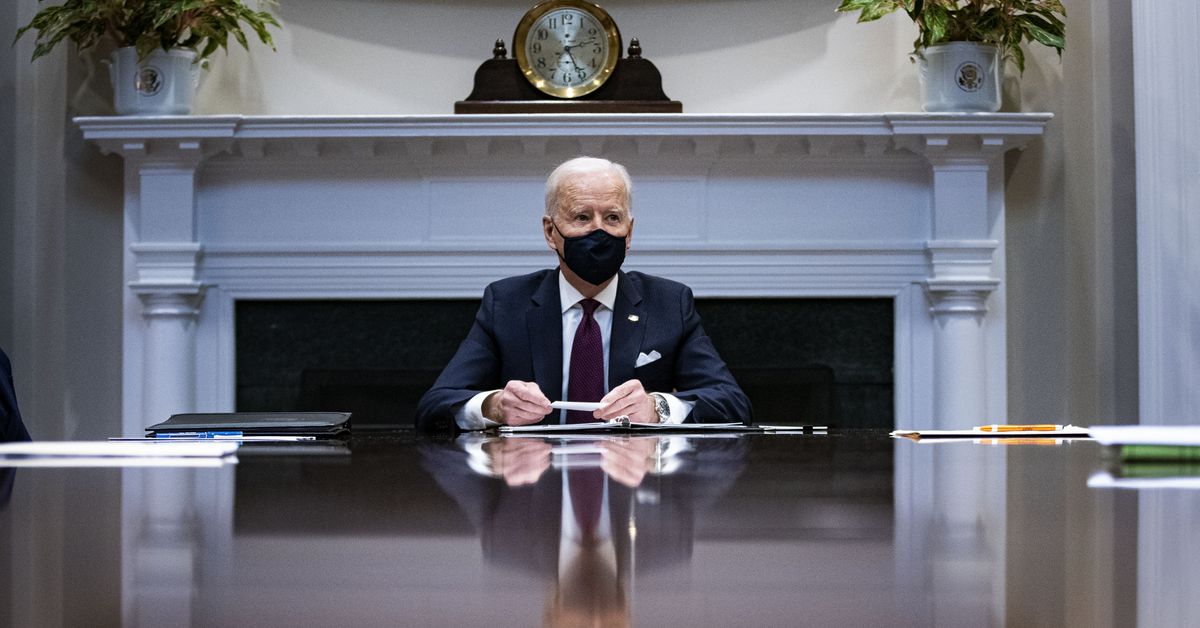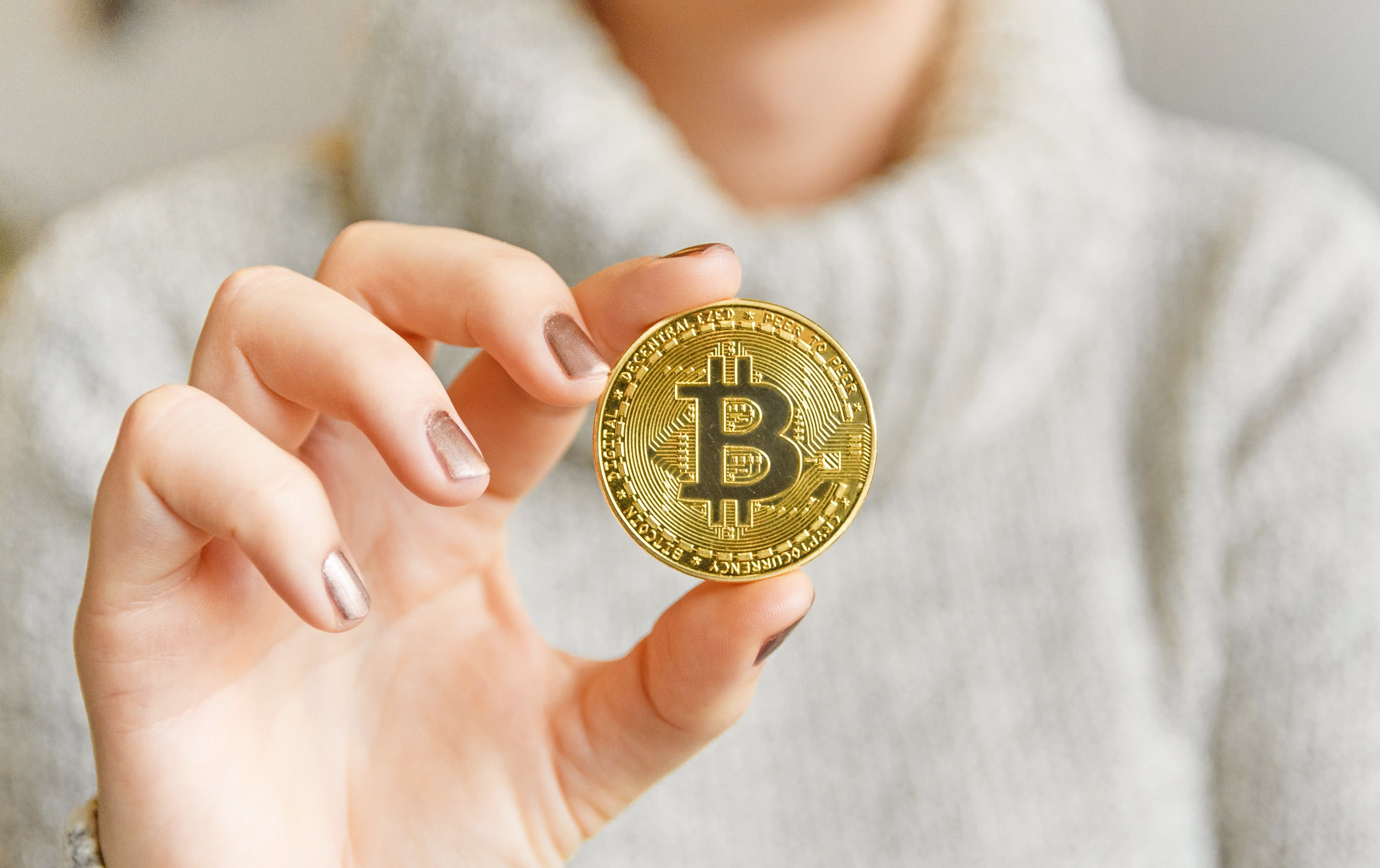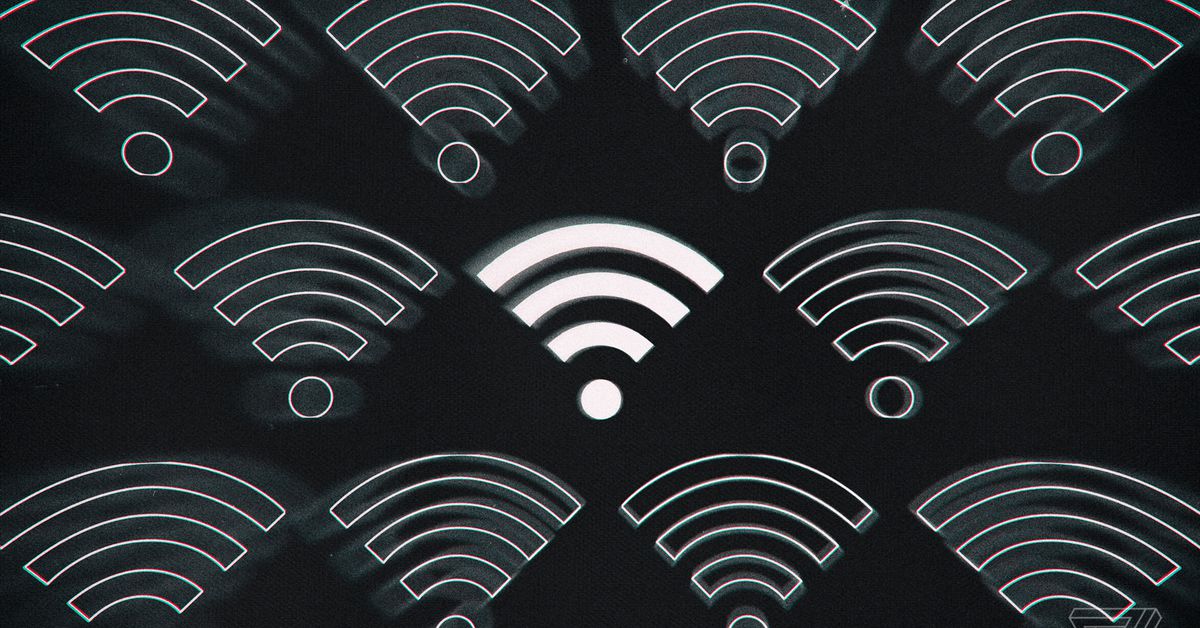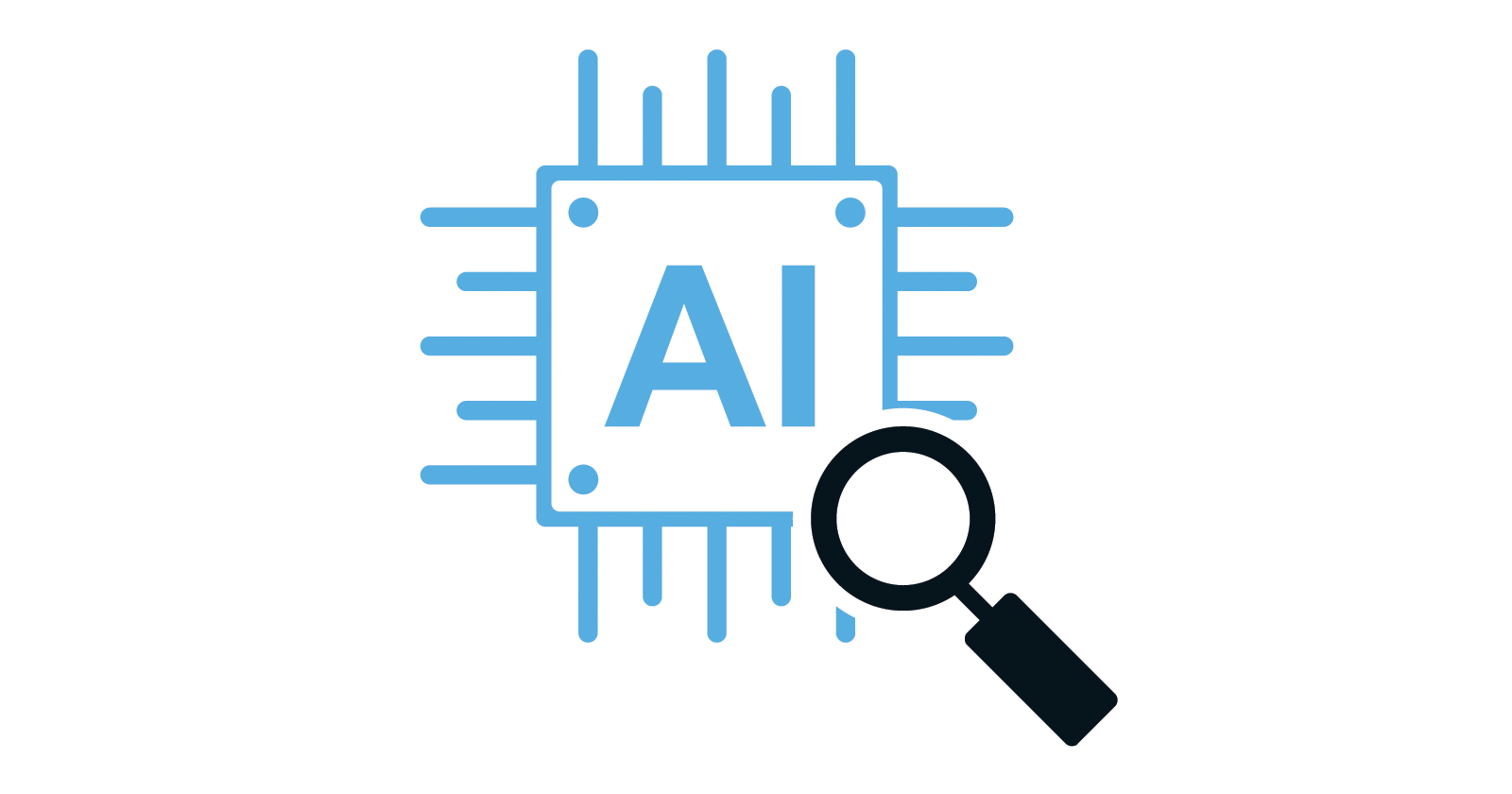Why some crypto fans are praising Joe Biden
Joe Biden is slowly revealing how the White House plans to approach cryptocurrency. | Al Drago/Getty ImagesThe president’s new executive order is the government’s next step toward regulating crypto. President Joe Biden’s long-awaited executive order about cryptocurrency is finally...

President Joe Biden’s long-awaited executive order about cryptocurrency is finally here. While the order is the first major attempt to bring the government together around regulating crypto, it’s not quite the crackdown some expected from an administration that has spent months warning about impending oversight. In fact, a lot of people with crypto are even happy about the new order, so much so the price of bitcoin is going up.
The executive order doesn’t change how the US approaches crypto in the immediate future, but it will start the process of creating regulations for digital currencies. As part of this effort, Biden has ordered federal agencies to dig into many of the problems that crypto created as it became more mainstream, including its role in money laundering and terrorist groups. Despite the government’s plans to explore some of crypto’s most contentious issues — and the many open questions about crypto’s future in the US — the fact that the White House is giving bitcoin and other cryptocurrencies some real recognition is cause for many crypto advocates to celebrate.
“The message I take from this [executive order] is that the federal government sees cryptocurrency as a legitimate, serious, and important part of the economy and society, and I think it’s a good signal to serious people who’ve been holding back from getting involved,” Jerry Brito, executive director of the DC-based crypto think tank Coin Center, said in a tweet.
Biden’s executive order is focused on updating US financial regulations to address cryptocurrency, specifically by instructing federal agencies to study crypto and propose new rules to regulate it. The Treasury Department will come up with ideas for ways to protect investors and consumers from the financial risks that come with crypto, which can be more volatile than other types of assets.
The Financial Stability Oversight Council, a government organization that studies the US financial system, will evaluate what kind of threat crypto poses to the overall economy. Meanwhile, the attorney general, the Secretary of the Treasury, and the Department of Homeland Security will come up with a national strategy to combat crimes facilitated with cryptocurrency. Biden has also ordered the federal government to analyze what impact crypto — which requires an enormous amount of energy to produce — might have on the climate.
But the White House seems to think crypto could do some good, too. The Commerce Department will investigate how cryptocurrencies might boost US competitiveness in the global economy. The order also directs the government to support technological advances that would jumpstart the use of crypto and digital assets with privacy and security in mind. Biden even encouraged the government to continue studying a proposal to create a digital currency of its own. This nascent but controversial plan would have a central bank, like the Federal Reserve, issue a digital currency that’s pegged to the US dollar; some call it the digital dollar. While a digital dollar wouldn’t be quite as volatile as bitcoin is, the logistics of using it would likely be similar: Like crypto, a government-backed digital coin would probably involve a ledger and digital wallets.
“We must reinforce United States leadership in the global financial system and in technological and economic competitiveness, including through the responsible development of payment innovations and digital assets,” said Biden in the order. “Continued United States leadership in the global financial system will sustain United States financial power and promote United States economic interests.”
For crypto companies, the positives outlined by Biden outweigh the negatives. Sam Bankman-Fried, the founder of the cryptocurrency exchange FTX, called Biden’s approach “constructive.” Kathryn Haun, a former Andreessen Horowitz general partner who sits on the boards of Coinbase and the NFT platform OpenSea, said the order was “a step in the right direction.” Cryptocurrency prices also shot up in response to the news, which was leaked Tuesday night after the Treasury Department inadvertently shared a statement from Treasury Secretary Janet Yellen that called the order “historic.” As of Wednesday afternoon, bitcoin was up about 8 percent the day after news of the executive order broke — evidence that the order is popular among many crypto investors as well.
This enthusiastic response makes sense. Many crypto advocates feared that the White House might try to suppress the industry, and Biden hasn’t said much about crypto (the president probably doesn’t own any bitcoin, either). Still, this effort signals that at the very least, Biden thinks crypto is a serious part of the US economy and that it might even have some potential. And because the government plans to develop its new regulations over time, the White House is also giving the growing number of crypto-oriented advocacy organizations and lobbying groups in Washington a chance to try to influence how the new rules work.
Not everyone is happy about Biden’s more welcoming stance on crypto. Some believe the government shouldn’t be involved in regulating crypto at all and that Biden could still end up hamstringing the technology. Conversely, critics who claim the crypto industry is rife with fraud, scams, and criminal activity are arguing for tighter regulations of cryptocurrency, not wider acceptance.
“Leading up to this executive order, the narrative that had been circulating was that the administration was set to crack down on crypto,” Lee Reiners, executive director of Duke law school’s Global Financial Markets Center, told the Wall Street Journal. “This executive order is a complete 180 from that.”
It’s still too early to say, though, whether the federal government will fully embrace crypto. After all, we don’t know what these new rules will eventually say or if they’ll ultimately support or stifle crypto usage in the US. What we do know is that Biden seems intent on taking a middle-of-the-road approach, one that acknowledges that crypto is no longer a niche technology but rather a growing part of the average American’s finances. And it isn’t going away anytime soon.

 ShanonG
ShanonG 






























.jpg&h=630&w=1200&q=100&v=6e07dc5773&c=1)